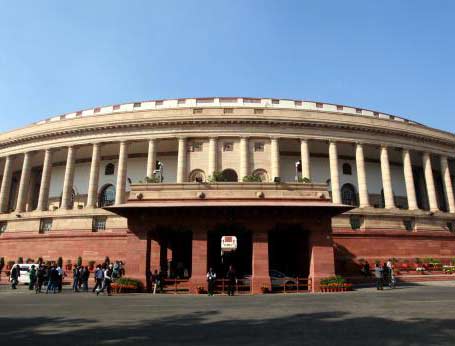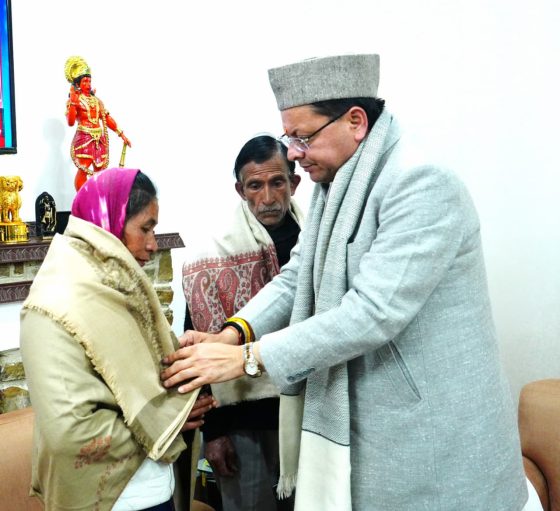The Winter Session of Parliament will commence from December 15, a day after the second phase of the Gujarat Assembly elections, and conclude on January 5.
The Cabinet Committee on Parliamentary Affairs (CCPA) headed by Home Minister Rajnath Singh today met in New Delhi to decide the dates of the Winter Session. The CCPA recommended that the session be held from December 15 to January 5, Parliamentary Affairs Minister Ananth Kumar told reporters in New Delhi.
According to procedure, the CCPA’s recommendation would be forwarded to the president.
Justifying the government’s decision to call the Winter Session after the assembly polls, Kumar said it was also done by governments in the past, including Congress dispensations headed by Indira Gandhi, P V Narsimha Rao and Manmohan Singh.
“We request and seek cooperation from all parties, including the opposition, for smooth functioning of both Houses to make this session fruitful,” he said. Sources cited several instances where the session dates were changed so that they did not overlap with elections, including the 2011 Budget Session in the UPA II tenure when polls were underway in five states.
Similarly in 2008, under the UPA I the session was divided in two parts as assembly elections were going on in five states in October, they said. It is not a new practice to adjust the session dates while keeping in mind the election schedule and it has been done by various governments, they claimed.
When asked whether MPs would be asked to be present on January 1, Kumar said parliamentarians were supposed to be present on all working days, including on new year’s day. Some very important bills are expected to be introduced in the session, including one on triple talaq, NCBC and few others.
The session will have 14 working days.
 Dainik Nation News Portal
Dainik Nation News Portal




